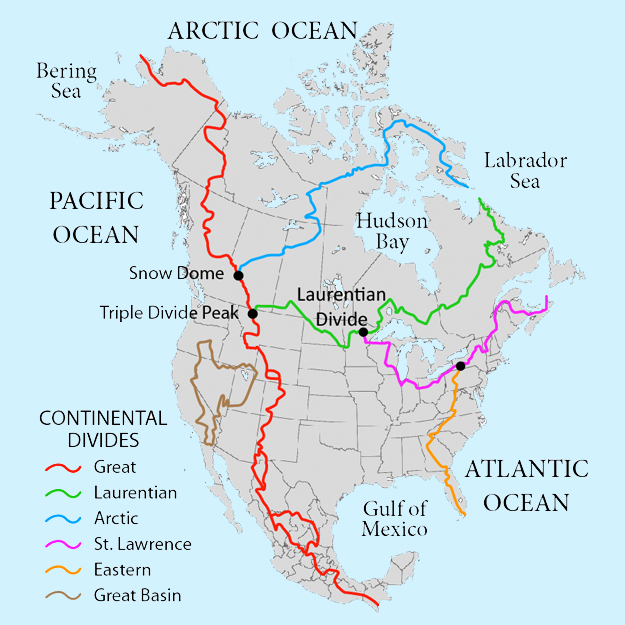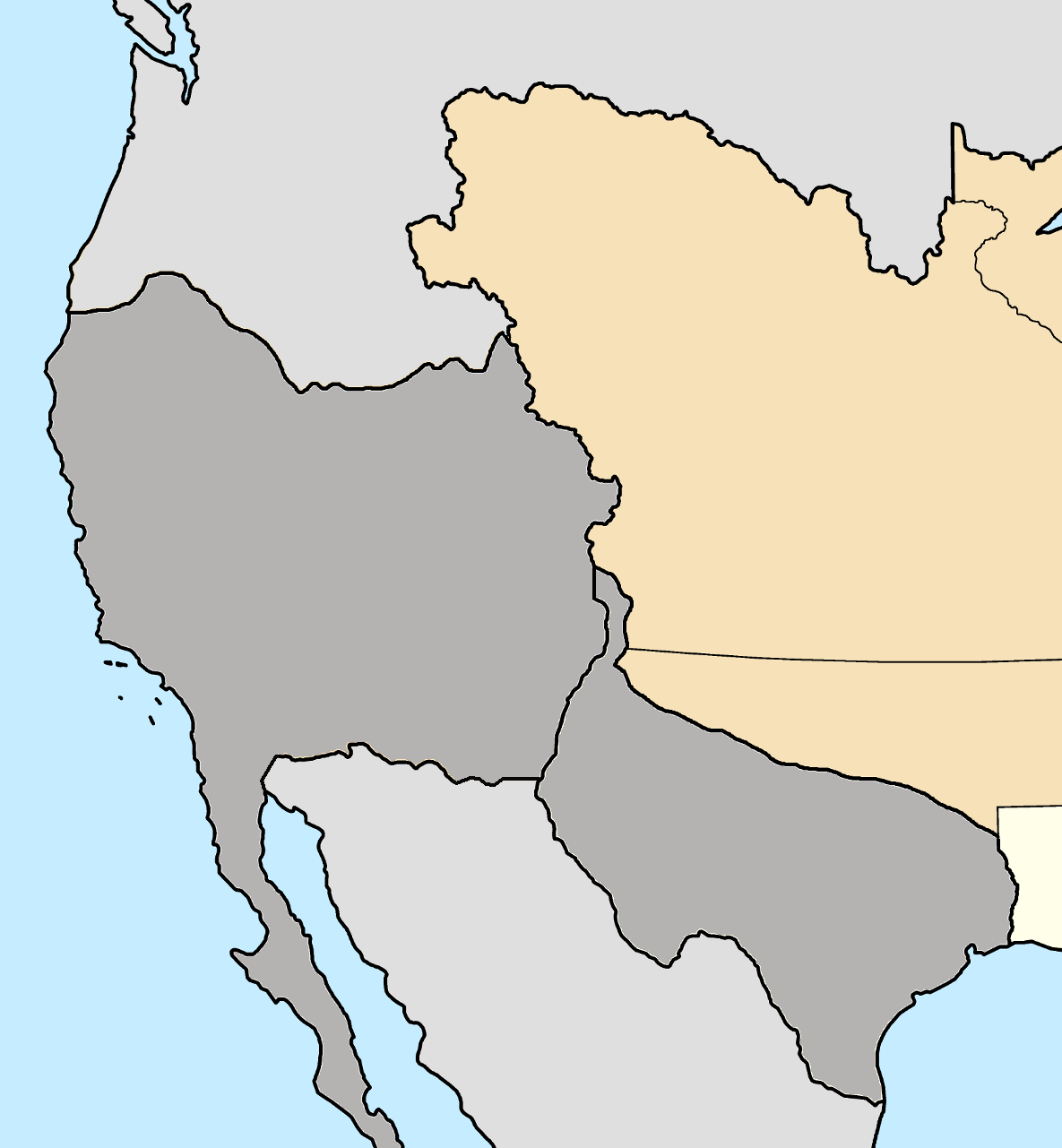raharris1973
Well-known member
What if the Russians said 'enough' with the Chukchi peninsula/Kamchatka, and the vastness of the task of developing their northeast Asian Arctic claims, and never started a Russian America company to mess around Alaska, Oregon or Fort Ross?
Who becomes the first non-native claimant to the land, a theoretical or practical sense? Spain, or the British Hudson Bay Company?
I would imagine the first practical claimants would be British, probably HBC. And they'd be the last, with Canada most likely inheriting the claim. And this could all be decades later than the Russians acted in OTL.
Does Russian absence from the North American coast abort entirely Spanish missions and presidios in Alta California, or delay them by one or two or three decades? To what effect?
Who becomes the first non-native claimant to the land, a theoretical or practical sense? Spain, or the British Hudson Bay Company?
I would imagine the first practical claimants would be British, probably HBC. And they'd be the last, with Canada most likely inheriting the claim. And this could all be decades later than the Russians acted in OTL.
Does Russian absence from the North American coast abort entirely Spanish missions and presidios in Alta California, or delay them by one or two or three decades? To what effect?




